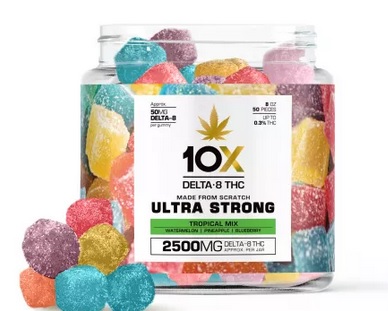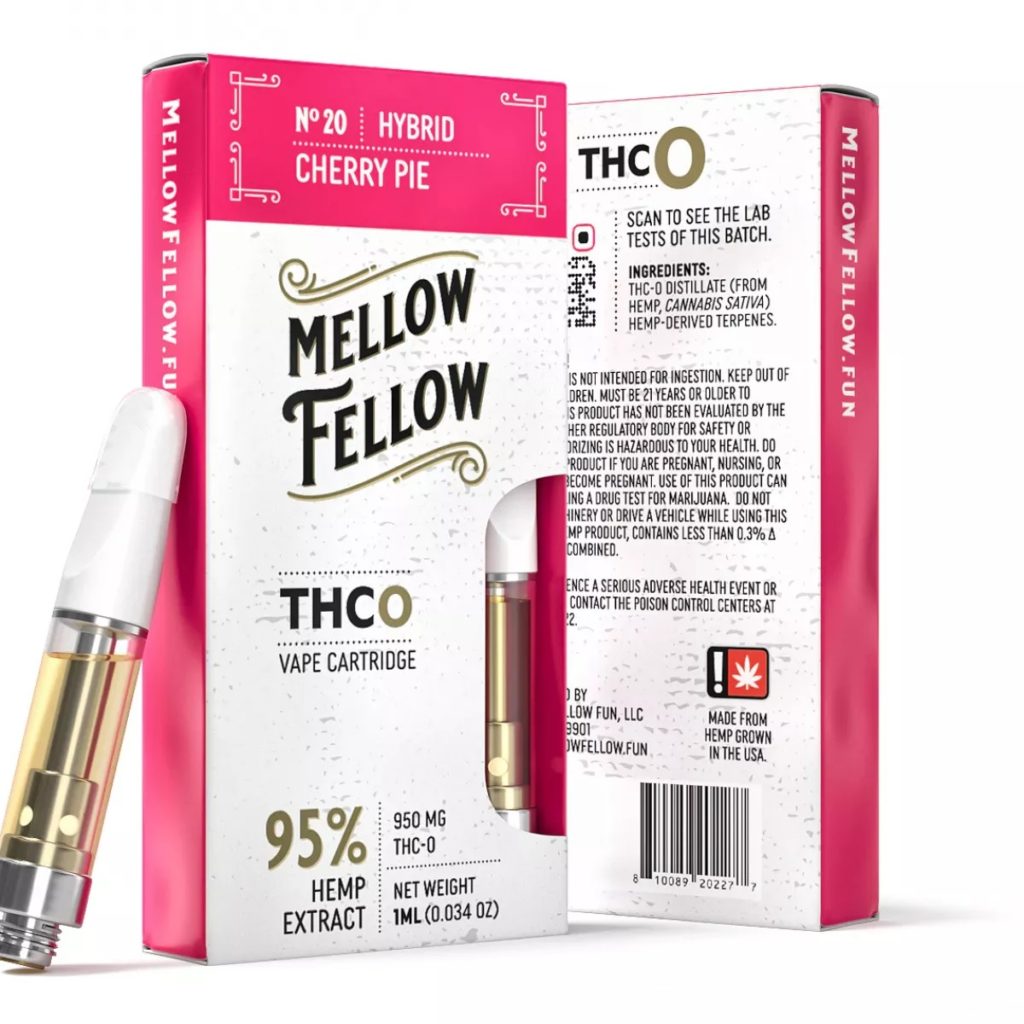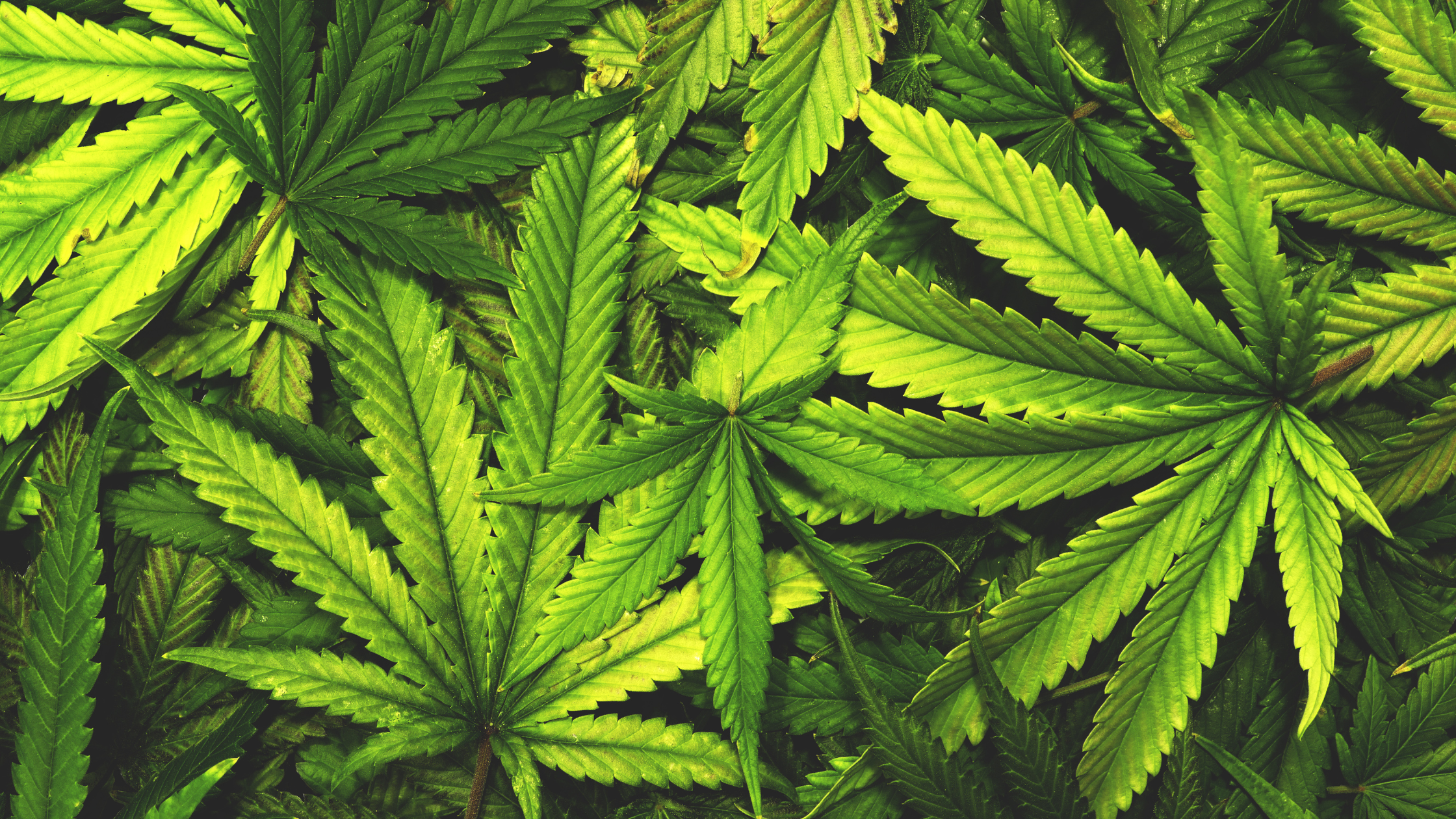Delta-10 THC (Tetrahydrocannabinol) is a lesser-known cannabinoid found in the cannabis plant, gaining attention for its potential therapeutic effects. Anxiety is a common mental health concern affecting millions of people worldwide, and individuals are increasingly seeking alternative treatments, including cannabinoids, for anxiety management. Understanding the potential of Delta-10 THC in anxiety management requires a closer look at its pharmacological properties and emerging research findings.
- Will Delta 10 THC Help My Anxiety?
- Is Delta10 THC Good For Pain Relief?
- What Are The Benefits Of Delta 10 THC
- Is Drinking Beer And Using CBD Safe?
- How CBD And Ashwagandha Work Together
- When Should You Take CBD To Exercise?
While Delta-10 THC shares structural similarities with Delta-9 THC, the primary psychoactive compound in cannabis, its effects on anxiety and mood regulation are not as well studied. Preliminary research suggests that Delta-10 THC may exert anxiolytic (anxiety-reducing) effects similar to other cannabinoids like CBD and Delta-9 THC. However, the specific mechanisms underlying Delta-10 THC’s potential anti-anxiety properties are not fully understood and require further investigation.
Moreover, individual responses to Delta-10 THC may vary, and some individuals may experience different effects on anxiety depending on factors such as dosage, consumption method, and individual sensitivity. While some users may report feeling more relaxed and less anxious after consuming Delta-10 THC, others may experience increased anxiety or other adverse effects. It’s essential for individuals considering Delta-10 THC for anxiety management to start with low doses and monitor their response carefully to determine the most effective and tolerable dosage.
Additionally, it’s crucial to consult with a healthcare professional before using Delta-10 THC or any cannabinoid-based product for anxiety management, especially if you have underlying health conditions or are taking medications. While cannabinoids like Delta-10 THC hold promise as potential treatments for anxiety, more research is needed to elucidate their safety, efficacy, and optimal dosing in anxiety disorders. By staying informed and seeking guidance from healthcare professionals, individuals can make informed decisions about incorporating Delta-10 THC into their anxiety management strategies.

Delta 8
FAQs
Is Delta-10 THC effective for managing anxiety?
While research on Delta-10 THC’s effects on anxiety is limited, preliminary studies suggest it may have anxiolytic (anxiety-reducing) properties similar to other cannabinoids like CBD and Delta-9 THC. However, individual responses may vary, and more research is needed to fully understand its efficacy and safety for anxiety management.
What are the potential side effects of Delta-10 THC for anxiety management?
Common side effects associated with Delta-10 THC use may include drowsiness, dizziness, dry mouth, and changes in mood or cognition. Some individuals may also experience increased anxiety or paranoia, particularly at higher doses. It’s essential to start with low doses and monitor your response carefully to mitigate potential adverse effects.
How does Delta-10 THC compare to other cannabinoids like CBD for anxiety?
Delta-10 THC shares structural similarities with Delta-9 THC and CBD but may have different effects on anxiety and mood regulation. While CBD is well-known for its anxiolytic properties and minimal psychoactive effects, Delta-10 THC’s effects on anxiety are less understood and may vary depending on individual factors.
Is Delta-10 THC legal and accessible for anxiety management?
The legal status of Delta-10 THC varies depending on local regulations and laws governing cannabis and cannabinoid products. While Delta-10 THC may be available in some regions where cannabis is legal, it’s essential to research and understand the legal status in your area before purchasing or using it for anxiety management. Additionally, consult with a healthcare professional for guidance on legality, safety, and potential interactions with medications.

